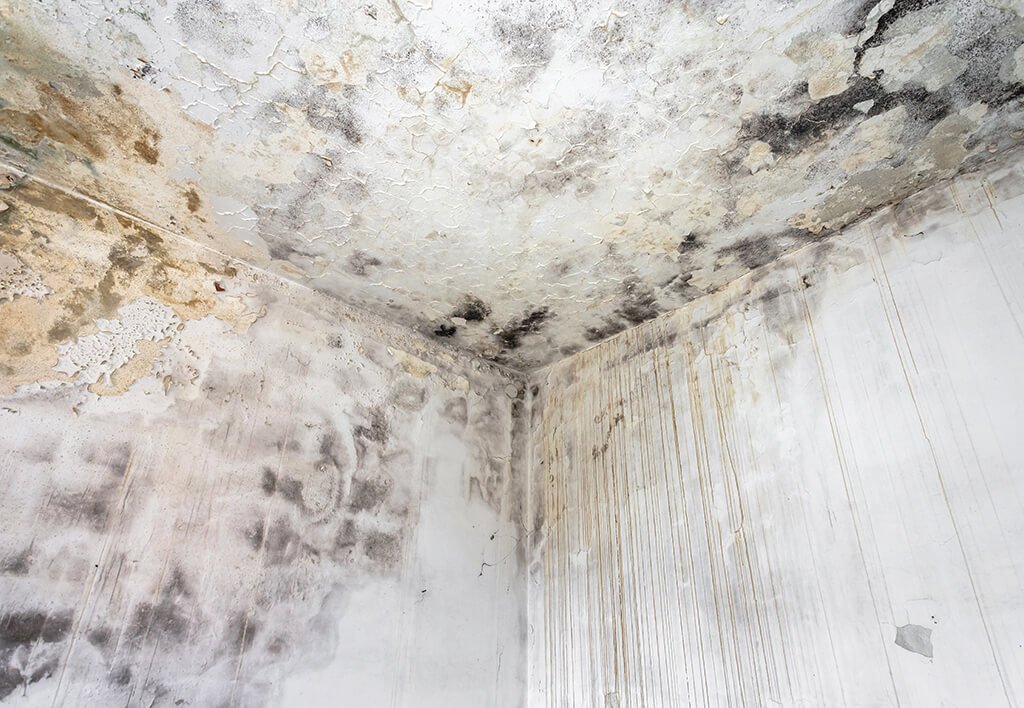When you live in an apartment, you have a responsibility to your landlord to let them know if something goes wrong or changes within the apartment or home. Mold is very common and most mold is harmless. However, serious mold can creep up on you. Before you realize it, mold can establish itself in the dark, hidden corners where moisture collects. You may smell mold before you can actually see it. If you start to smell mold or mildew, you should look around your sinks, toilets, and drains to try and find a possible source. The following steps will help you take control of the situation.

Contact Your Landlord Immediately
If you believe mold is present, contact your landlord immediately. Let them know what you are smelling and if you have seen anything that resembles mold. If you are unsure of where the mold is coming from, your landlord will need to find the cause. Mold is often caused by a leaky pipe or other sources of moisture. Your landlord may have to hire a plumber to check the plumbing in the apartment and make any repairs that must be necessary.Is It Mold or Mildew?
Mold and mildew are similar when it comes to appearance or smell. The biggest difference is that mildew can be washed away with no lasting residue. Mold, on the other hand, goes deep below the surface where it is found and is extremely difficult to get rid of. Mildew can grow on almost any surface. Mold grows best on porous surfaces like drywall, paper, wood, and leather. Since it goes so deeply into the surface of the material, an entire section of the affected area may need to be removed.How Big of a Problem Do You Have?
You need to determine how large of an area is affected. Small sections can be cleaned with white vinegar. Since mold goes beneath the surface, you will need to apply the white vinegar directly to the mold and allow it to remain for an hour or more. When the mold has been penetrated and the vinegar has reached the deepest roots of the mold. Avoid using bleach! Mold can actually use bleach as food.



